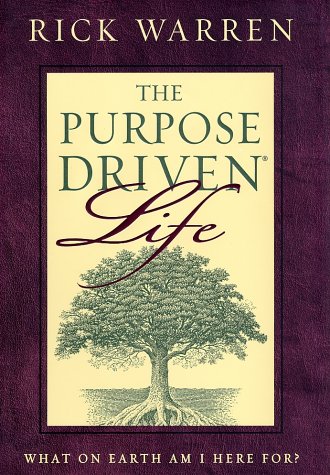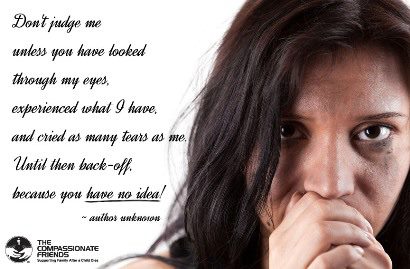After a loss, life moves on…to a new normal
A mother who lost a child often cries out over insensitive remarks. I have heard it countless of times. Consider this conversation from a mother… Read More »After a loss, life moves on…to a new normal
A mother who lost a child often cries out over insensitive remarks. I have heard it countless of times. Consider this conversation from a mother… Read More »After a loss, life moves on…to a new normal
I started this blog so I could spread the word that the Philippines has The Compassionate Friends , a grief support group for families that… Read More »Suicide and Mental Illness Myths in the Philippines
A year ago, my daughter shared me an article “Self help: try positive action, not positive thinking” The self-help industry is mired in ideas about… Read More »How “Acting As if” helped me in my recovery
So if someone says to us, by word or by action, “You should be over that by now,” we can recall the words from the… Read More »The myth of closure
I love the thought that my son is still alive in someone’s memory outside of my family. Today , being Mother’s day, I received a… Read More »I am a mother of three children. Thank you for remembering my son.
Tis the season to be jolly…fa-la-la-la-la. Right, it may be a season to be jolly for some of us but there are a few out… Read More »Holiday Blues- Sad, Lonely and Depressed
Don’t you think this is a lovely butterfly? Whenever a butterfly flutters about in the garden, I smile with the thought that Luijoe is in… Read More »The Butterfly in my life
“If someone cries in front of me, I consider it a gift.” , a friend told me one Saturday afternoon. Every third Saturday of the… Read More »Have you had a good cry lately?
In every meeting of The Compassionate Friends, we provide positive ways for grief management. We believe that the only way to truly relieve the pain… Read More »The meaning of flowers
Don’t judge me unless you have looked through my eyes, experienced what i have, and cried as many tears as me. Until then back-off, cause you have no idea.
Today Matthew Warren died of suicide. He is the son of Rick and Kay Warren who must be facing the most painful moment in their lives. There is no pain more gut-wrenching than losing a child. My heart and prayers go out to them at this most difficult time.
““No words can express the anguished grief we feel right now,” Warren wrote in a letter to his congregation.
A long time ago, I too lost a son and I found hope and courage in Rick Warren’s The Purpose-driven Life: What on Earth Am I Here For? . The book inspired me to move beyond the pain of losing a son and work on my new normal. Because the book talks about starting a service, I initiated the The Compassionate Friends Philippines Chapter with the help of Cathy Babao and Alma Miclat.

I can’t be there to hug Rick and Kay Warren for their loss and thanking them too for giving me the courage to live this new normal after the death of my son. What I can do is to continue on with my advocacy on suicide prevention and grief education such as ways to comfort the bereaved.
In most of my meetings with the bereaved, a common complaint is the insensitivity of concerned friends or relatives. I see it also in some of the insensitive tweets addressed to Rick Warren questioning the circumstances of his death. Some may not know what to say and blurt out the wrong words.
I have had my own share. I know the depth of concern they have towards us but in their enthusiasm, they blurt out the most insensitive remarks. Newly bereaved are very sensitive to these remarks.
Many parents feel they were being unjustly judged and criticized by those who could not possibly understand because they have not experienced the loss of a child. Compassionate Friends USA shares the proper response.

Our wonderful, concerned, well-meaning friends don’t know. They can only imagine how the newly bereaved feel. They haven’t personally known (thank God) the disbelief, the shock, the anger of losing a child or any loved one. Instead of bringing relief, those words just seem to add to the hurt and the grief. There are no words that will make it all right that someone we loved has died. But there are ways that can soothe the hurt, ease the loneliness and add to the healing. Recently, my sister visited The Compassionate Friends to get tips on how to comfort a family whose daughter died of suicide.
I’d like to share some of the ways to comfort the bereaved: